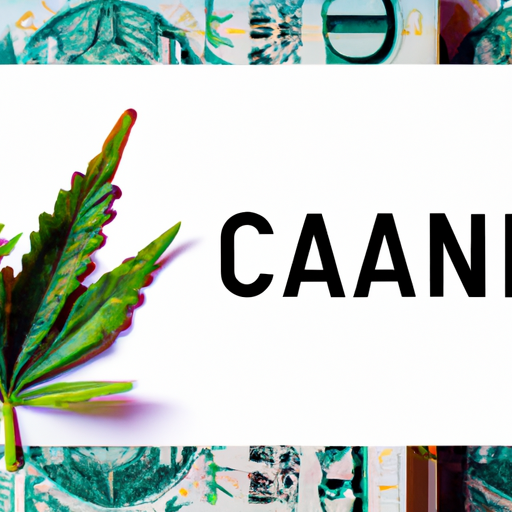The Economic Repercussions of Cannabis Legalization
Much has been speculated about the «Impact of the Legalization of Cannabis on the National Economy.» However, little concrete data existed until recently. With certain nations and states legalizing cannabis, aspects of the economic impact are coming into focus. This article delves into concrete figures and realistic forecasts to shed light on the actual economic potential of legalized cannabis. The focus is on tax revenue generation, job creation, and its potential in contributing to GDP growth.
Tax Revenue Generation
One of the most noticeable impacts, and the one often touted by proponents of the legalization of cannabis, is the potential for increased tax revenue. To illustrate, Colorado, a state in the U.S., where the recreational use of cannabis became legal in 2014, has since accumulated over $1 billion in total state revenue from the cannabis industry. These figures highlight the substantial fiscal potential that legalizing cannabis presents for the national economy, particularly when it comes to filling state coffers.
Legalizing and taxing cannabis just like any other good can provide significant revenue to the state. These revenues can be allocated to various sectors such as healthcare, social initiatives, infrastructure, and education. This infusion of cash can result in improved public services and capital projects, in turn, enhancing the citizens’ quality of life.
Job Creation
Another key aspect of «The Impact of the Legalization of Cannabis on the National Economy» is job creation. The legal cannabis industry is labor-intensive, requiring growers, packagers, distributors, and retailers. According to the 2020 Leafly Jobs Report, the U.S. cannabis industry, both medicinal and recreational, has created nearly 243,700 full-time jobs. That implies a significant potential for job creation if cannabis were to become legal on the national level.
Beyond direct job creation in the industry, other sectors such as marketing, finance, law, and security services are indirectly benefiting and contributing to the overall number of jobs created due to the legalization of cannabis. Once these supply chain impacts are included, the potential for job creation is even larger.
Contributing to GDP Growth
The cannabis industry’s contribution to GDP growth is potentially another significant aspect of «The Impact of the Legalization of Cannabis on the National Economy». A 2019 study by Deloitte estimates that Canada’s cannabis industry could contribute as much as $22.6 billion annually to the country’s GDP.
While some may argue that this money would have been spent elsewhere in the economy if cannabis were not legal, that assumption may not be correct. The cannabis industry attracts new money from tourists and cannabis enthusiasts who might not otherwise be making significant economic contributions. Furthermore, investment in cannabis-related research and development, innovations, and entrepreneurship can stimulate economic growth and improve national competitiveness.
Thank you very much for reading our content. We will be delighted to assist you through our contact. A review on Google also greatly helps us.
